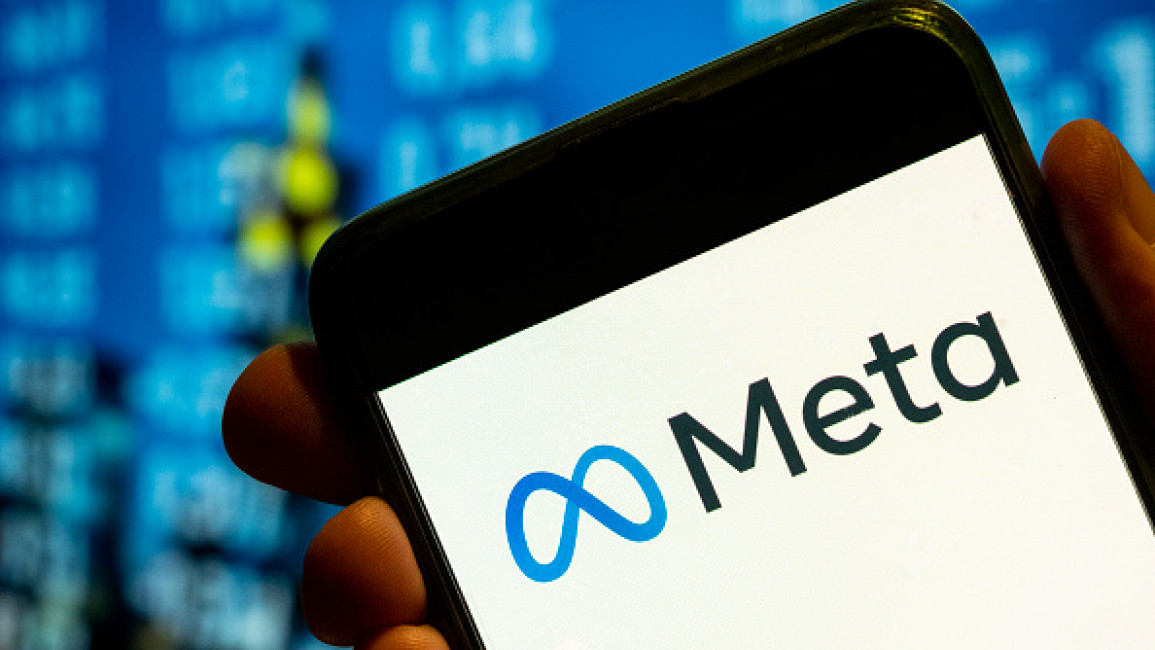NGOs welcome report on Meta 'Israel-Palestine bias' but highlights major failings
Rights groups have given a mixed response to a review released last week that found Meta had shown bias in its moderation of Arabic and Hebrew-language content in May 2021, when Israel conducted an 11-day bombing assault on the besieged Gaza Strip.
In September 2021, Meta - the parent company of social media sites Facebook and Instagram - commissioned the Business for Social Responsibility (BSR) to review the human rights impact of the company's policies and activities during the Israeli onslaught on Gaza that killed more than 250 Palestinians.
Publishing its findings last week, BSR said Meta "took many appropriate actions" during what it called "the May 2021 crisis".
However, it also said there were "various instances of unintentional bias where Meta policy and practice (such as insufficient routing of Arabic content by dialect or regional expertise), combined with broader external dynamics (such as efforts to comply with US law), leads to different human rights impacts on Palestinian and Arabic-speaking users".
Following the release of the results, more than 70 human rights associations and other groups signed an open letter that overall backed the findings of the report.
|
"We, the undersigned human rights and civil society organisations, commend the publication of Business for Social Responsibility’s (BSR) Human Rights Due Diligence Report of Arabic and Hebrew content on Meta’s platforms in the Israel/Palestine context in May 2021," the open letter published Tuesday read.
"We appreciate and value BSR’s efforts and professionalism through their assessment and independent review. We especially acknowledge their engagement with local, regional, and international stakeholders and right-holders throughout the process."
However, the organisations said BSR had "underestimated the role of the Israeli government" in ensuring that moderation of Arabic-language content is over-enforced.
"The Israeli cyber unit sends tens of thousands of voluntary content takedown requests annually to Meta, and the company has historically complied around 90% of the time," the letter read.
"This is only one example of many that highlights Israel's special relationship with Meta, despite the extensive documentation and evidence by international, Palestinian and Israeli human rights groups, of Israel’s systematic, multidimensional violation of Palestinian human rights."
It also said BSR had failed to take into account the "intentional bias" in Meta's practices and policies.
"We have been calling Meta's attention to the disproportionately negative impact of its content moderation on Palestinians for years," the letter read.
"Therefore, even if the bias started out as unintentional, after knowing about the issues for years and not taking appropriate action, the unintentional became intentional."


![Lebanese protesters take part in a demonstration in support of Palestinians on 18 May 2021 in Beirut, Lebanon. [Getty]](/sites/default/files/styles/image_212x120/public/2021-06/GettyImages-1232967618.jpg?h=58c8a5e7&itok=VxDT8yaL)
